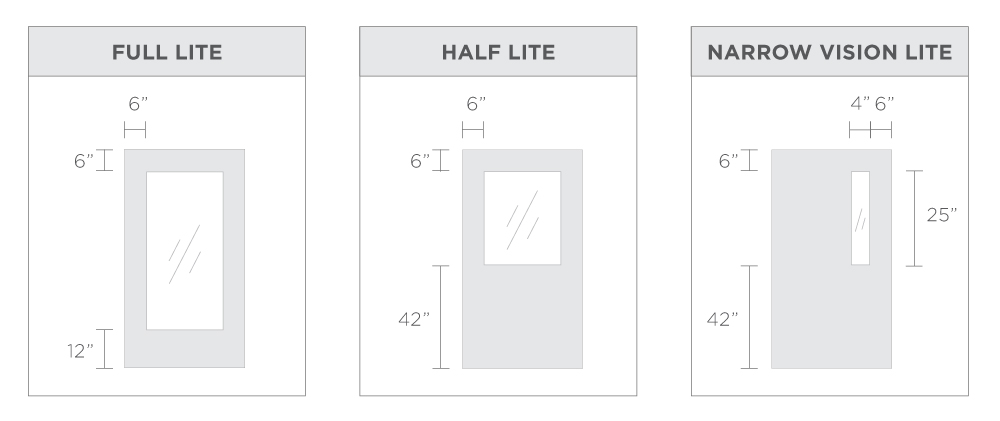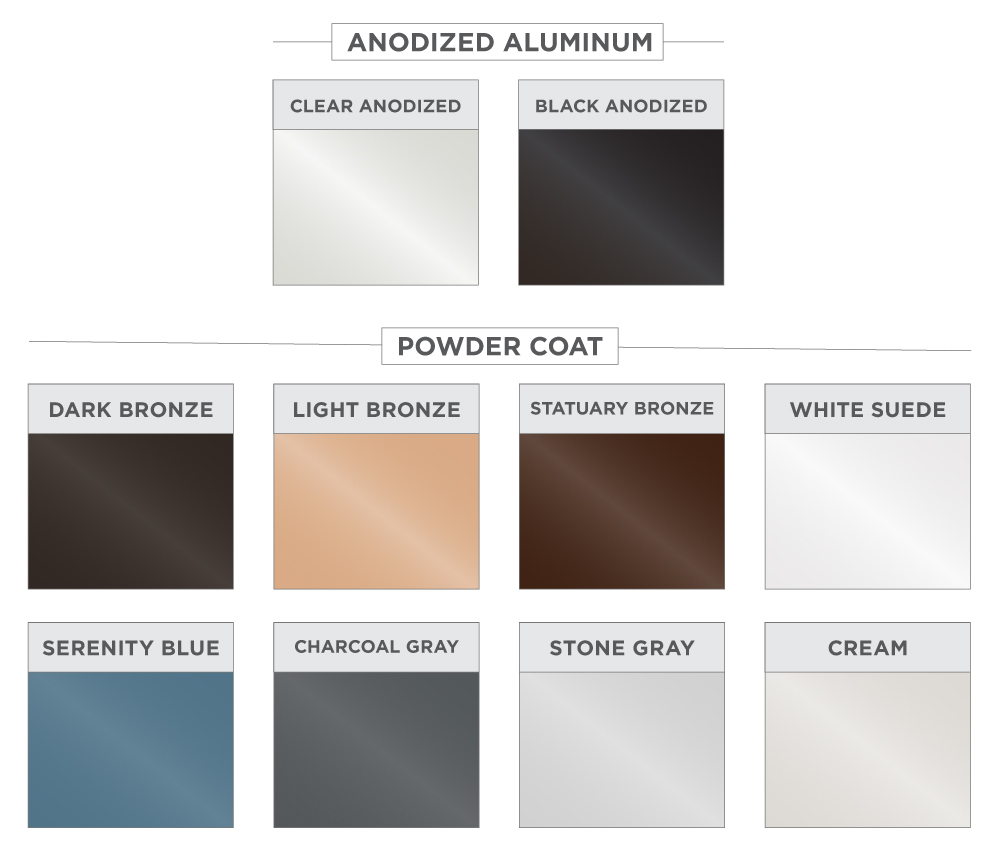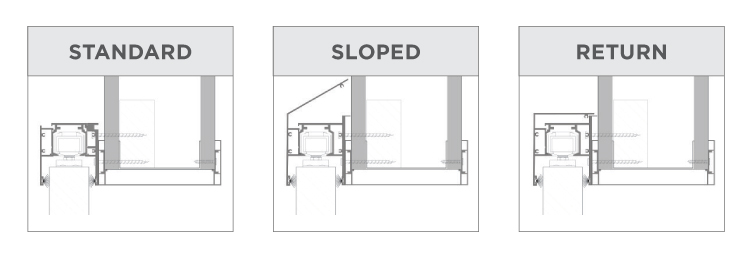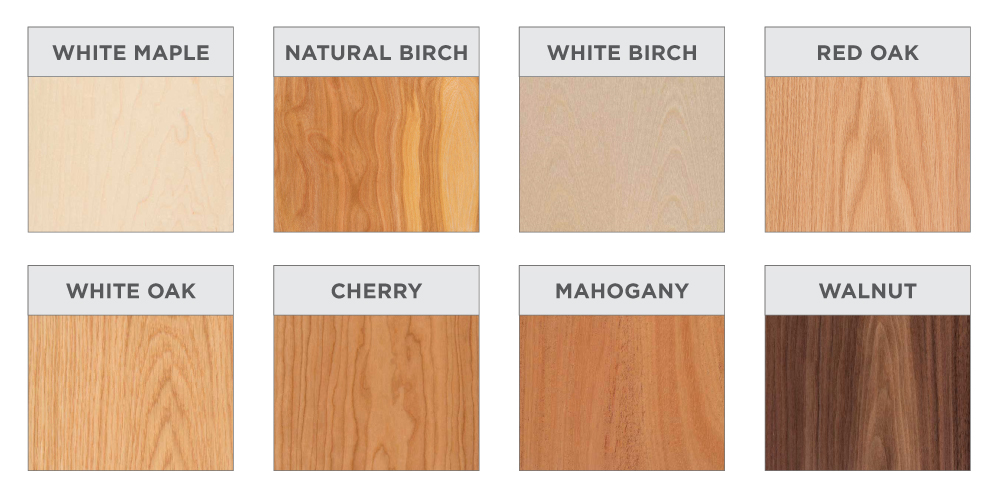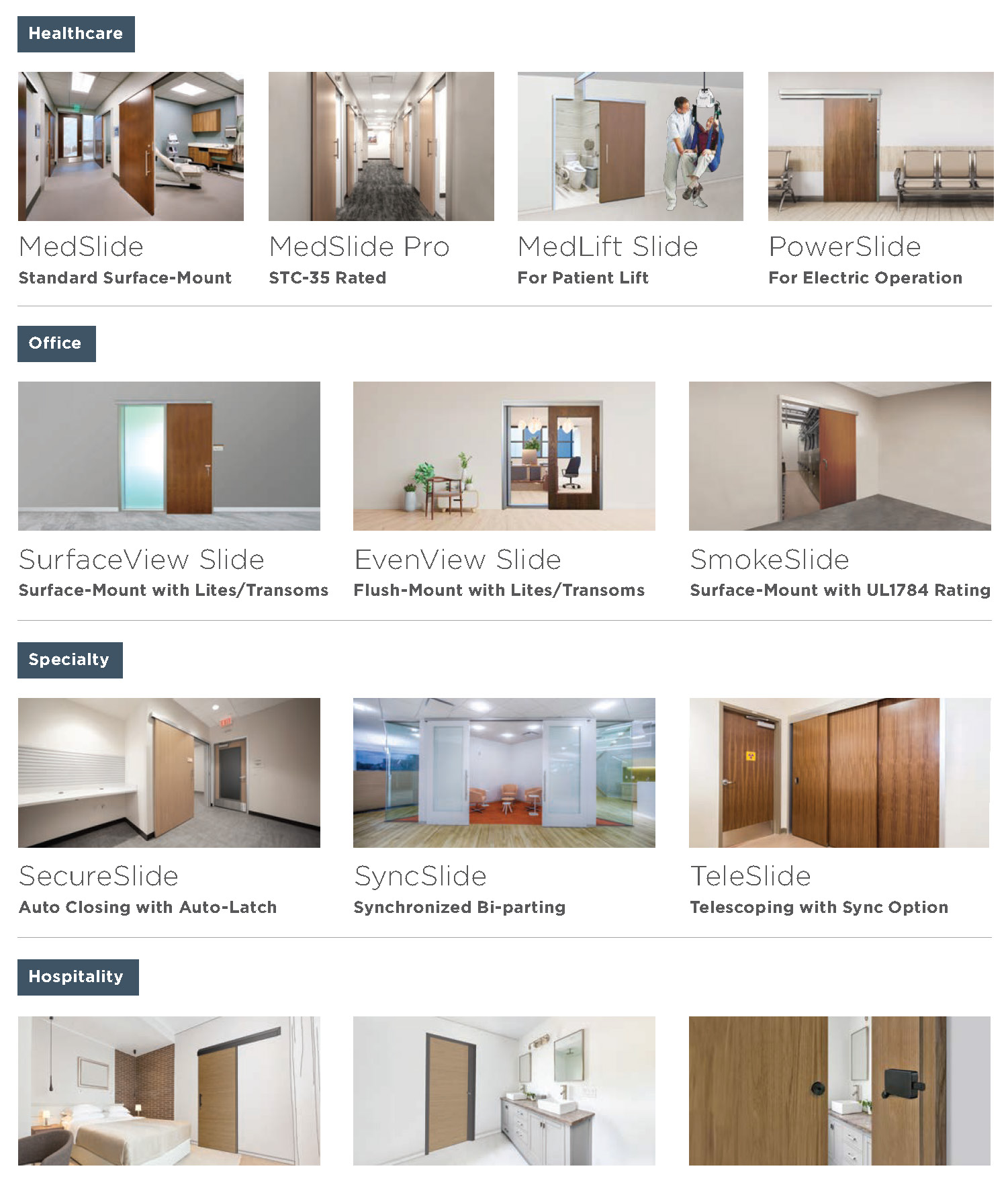7 Tips for Choosing the Best Soundproof Sliding Doors for Your Home
When it comes to creating a peaceful and serene living environment, one of the most effective solutions is the installation of soundproof sliding doors. These innovative doors not only enhance the aesthetic appeal of your home but also provide the essential functionality of noise reduction. Whether you live in a bustling urban area or simply want to keep the noise from other rooms at bay, choosing the right soundproof sliding doors can make a significant difference in your daily comfort. In this blog, we will explore seven essential tips to guide you through the selection process, ensuring that you make an informed choice that fits your needs while elevating your home's atmosphere. From materials to installation methods, these insights will help you navigate the market and find the best soundproof sliding doors for your space.
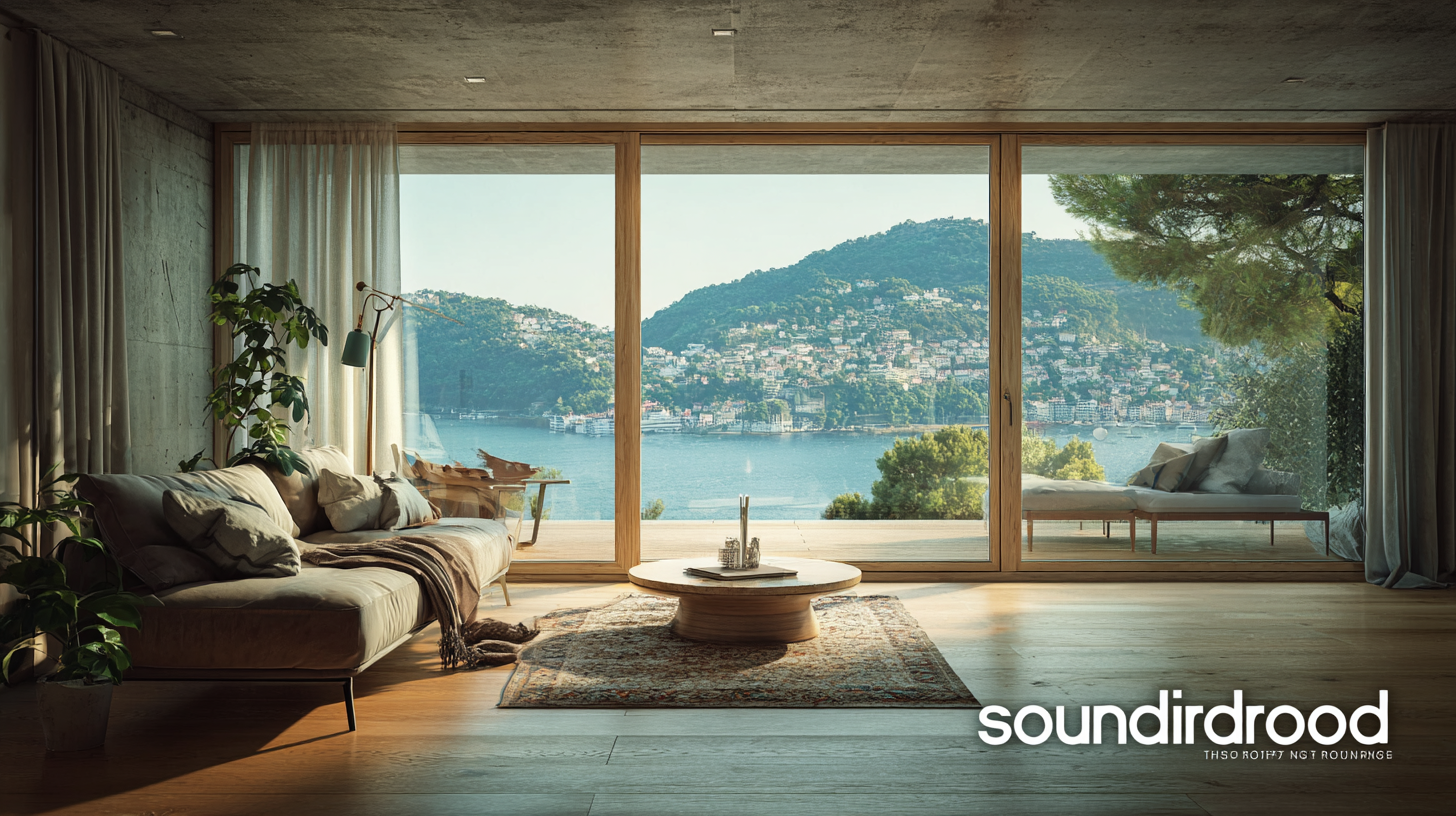
Types of Soundproof Sliding Doors and Their Unique Features
When selecting soundproof sliding doors, it’s essential to understand the various types available on the market and their unique features. One popular option is acoustic sliding doors, designed specifically to minimize sound transmission. These doors typically feature multiple layers of sound-dampening materials, which can significantly reduce noise from outside, making them an excellent choice for bedrooms or home offices.
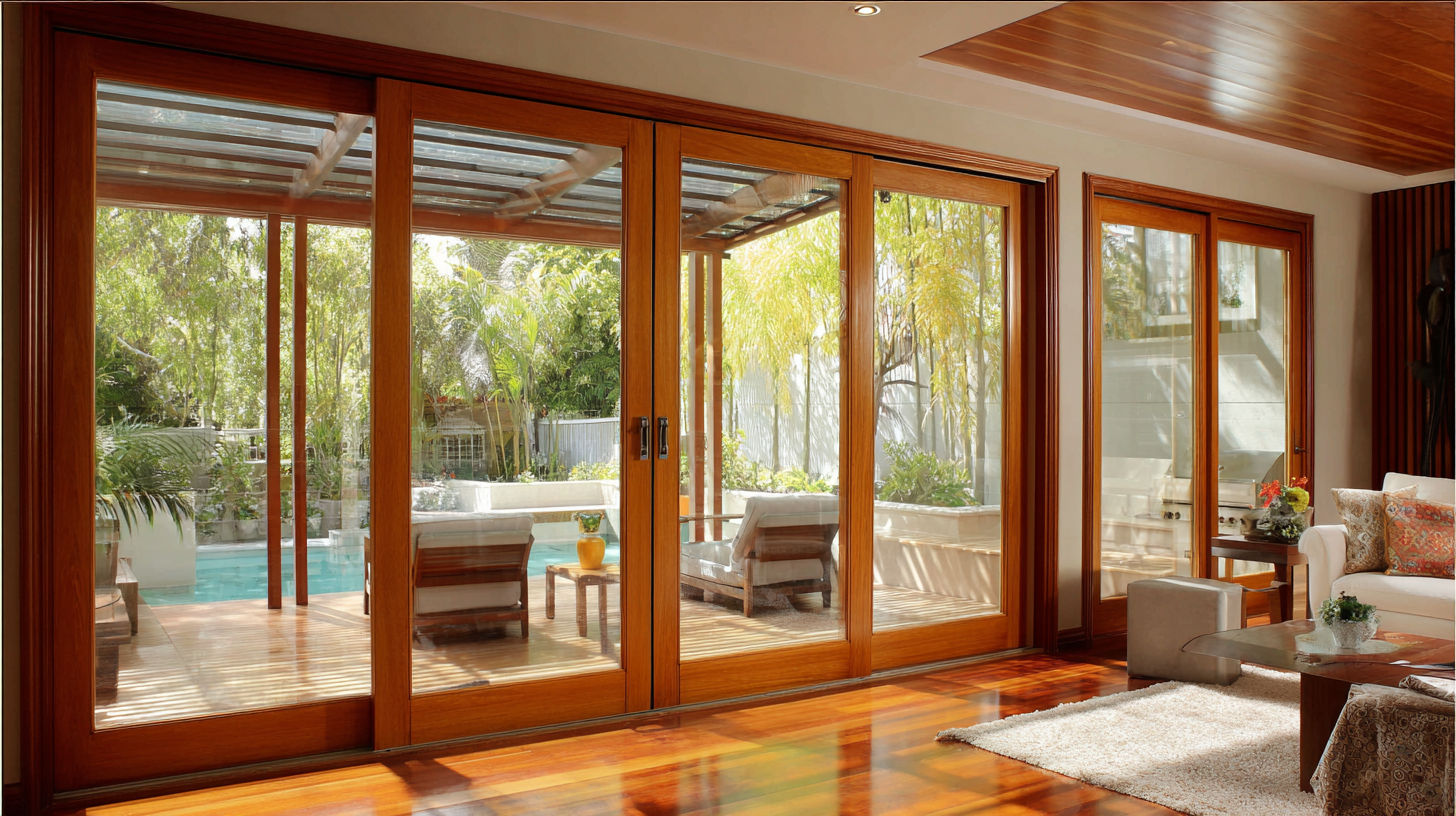
Another type is vinyl sliding doors, which are not only aesthetically pleasing but also provide decent sound insulation. Vinyl has natural sound-absorbing properties and can be enhanced with insulating core materials that further dampen noise. To ensure maximum effectiveness, consider doors with double or triple glazing, adding an extra layer of protection against unwanted sounds.
When choosing the best soundproof sliding doors, it’s vital to check the door’s STC (Sound Transmission Class) rating. A higher STC rating indicates better soundproofing capabilities. Additionally, pay attention to the installation process; even the best doors won’t perform well if they’re not installed properly. By understanding these types and considerations, you can select soundproof sliding doors that effectively enhance your home’s tranquility.
Factors to Consider for Optimal Sound Insulation Performance
When choosing soundproof sliding doors for your home, there are several key factors to consider that can significantly enhance their sound insulation performance. One critical aspect is the material of the door. Opt for models constructed with viscoelastic cores, which have been shown to improve sound transmission loss at low and middle frequencies. This feature is particularly beneficial in urban environments where noise can be a major distraction.
Another important consideration is the door's design and sealing mechanisms. Efficient sealing around the edges can prevent sound leakage, enhancing overall acoustic performance. Additionally, look for sliding doors that utilize advanced synthetic materials or panels with optimized structures, such as those inspired by metamaterials, which can provide superior sound absorption properties. Choosing doors that are designed with these factors in mind will ensure you create a quieter, more peaceful living space.
7 Tips for Choosing the Best Soundproof Sliding Doors for Your Home
| Factor | Description | Impact on Sound Insulation |
|---|---|---|
| Material | Look for dense materials like fiberglass, wood, or metal | Higher density materials provide better sound insulation |
| Thickness | Choose thicker doors for improved sound dampening | Thicker doors generally block more noise |
| Sealing | Ensure doors have high-quality seals to minimize gaps | Effective seals reduce sound leakage significantly |
| Design | Opt for sliding doors with solid designs rather than hollow | Solid doors absorb sound better than hollow options |
| Installation | Professional installation ensures a snug fit | Proper installation is crucial for optimal soundproofing |
| Glass Type | Consider laminated or double-glazed glass | Specialty glass can greatly enhance sound insulation |
| Cost | Balance between quality and budget constraints | Investing in quality can save on noise issues later |
Comparing Materials: Glass, Wood, and Composite Options
When selecting soundproof sliding doors, choosing the right material is crucial for maximizing noise reduction and enhancing the aesthetic appeal of your home. Glass sliding doors, often lauded for their sleek appearance, provide a modern touch while effectively minimizing sound transmission when properly insulated. Various types of glass, such as double-glazed or laminated options, can significantly improve acoustic performance, making them an excellent choice for noise-sensitive areas.
Wooden sliding doors offer a classic, rustic charm that complements traditional interiors. Their dense composition is naturally effective at absorbing sound, making them a great choice for anyone looking to block outside noise. However, it's essential to consider the type of wood and its finish, as these factors can influence both durability and soundproofing capabilities. On the other hand, composite materials combine the best attributes of glass and wood, offering a versatile solution that is not only aesthetically pleasing but also designed to withstand weather variations while providing excellent sound insulation. With these materials in mind, homeowners can make an informed choice based on their specific needs and style preferences.
Comparison of Soundproofing Effectiveness: Sliding Door Materials
Aesthetic Appeal vs. Soundproofing: Finding the Right Balance
When choosing sliding doors for your home, balancing aesthetic appeal with
soundproofing capabilities is essential. According to a report by the Acoustical Society of America,
noise pollution can significantly impact mental health and well-being, leading many homeowners to prioritize
sound insulation features. However, soundproofing shouldn’t compromise
the visual aspects of your living space. In fact, many modern materials and designs can provide both effective
sound insulation and an attractive look. For instance, double-glazed glass or specialized
acoustic materials can reduce noise transmission by up to 30 dB,
according to the National Institute of Standards and Technology.
Moreover, the design of sliding doors has evolved, allowing for stylish options that meet soundproofing needs.
A study published in the Journal of Interior Design found that
incorporating aesthetically pleasing designs while ensuring high sound insulation levels appeals to homebuyers
and adds significant value to properties. Customizable features, such as frame options and finishes, not
only enhance the overall look but also help to create a serene indoor environment. That balance of beauty and
functionality is crucial in making an informed choice for soundproof sliding doors in your home.
Cost vs. Quality: Investing in the Best Soundproof Solutions
When it comes to soundproof sliding doors, the decision often boils down to cost versus quality. While it may be tempting to choose the most affordable option, investing in high-quality soundproof doors can significantly enhance your home's acoustic comfort. These doors are typically designed with superior materials that provide better insulation against noise, ensuring a quieter living environment. Cheaper alternatives may initially save you money, but they often come with drawbacks such as poor durability and efficiency in soundproofing, leading to more expenditures in the long run for replacements or enhancements.
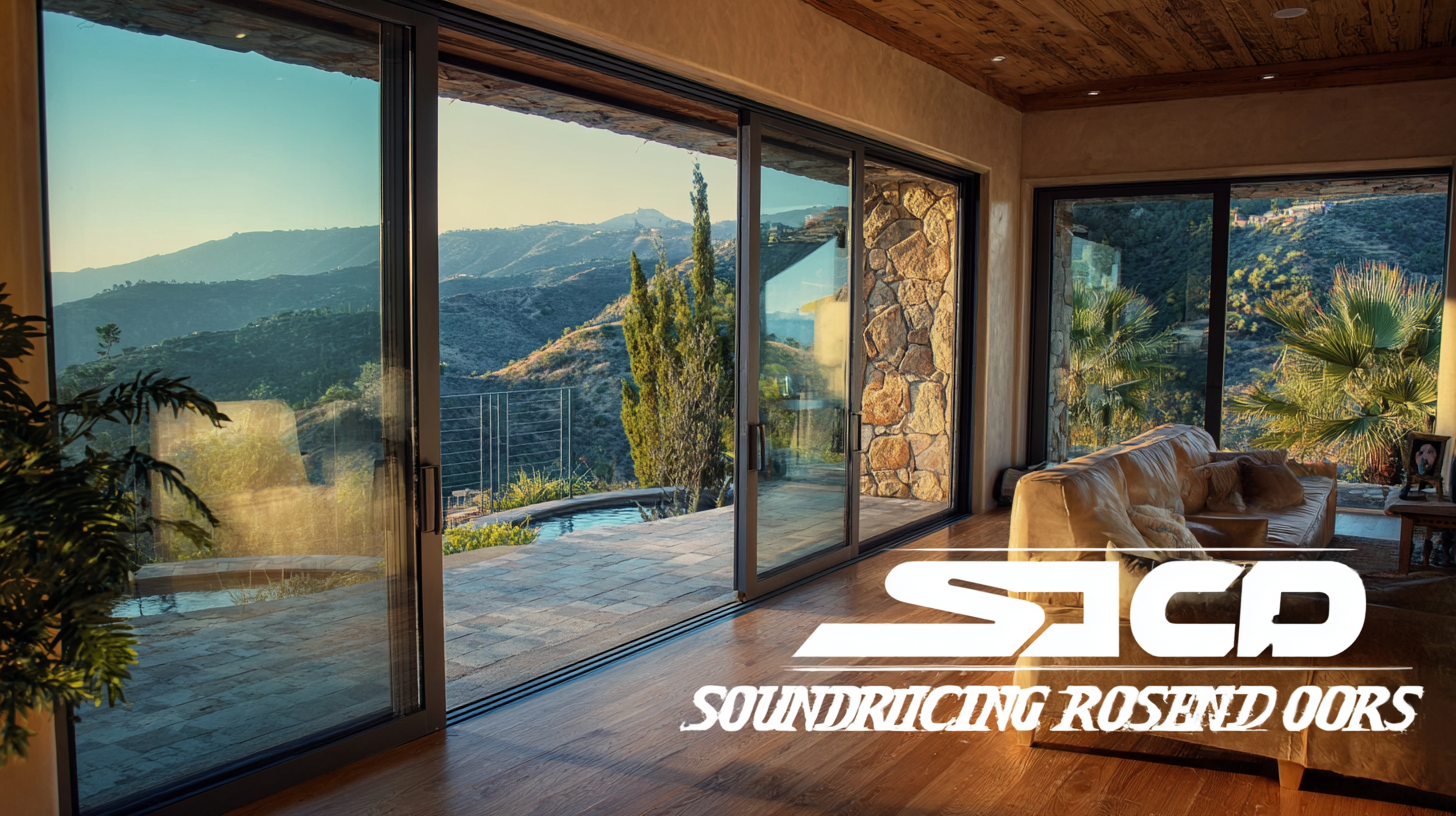
Moreover, the installation process plays a crucial role in maximizing the benefits of soundproof sliding doors. Higher-quality doors often come with enhanced features such as reinforced frames and double glazing, which not only improve sound insulation but also contribute to energy efficiency. By prioritizing quality over cost, homeowners not only enjoy a peaceful space but also increase the overall value of their property.
Investing in the best soundproof solutions ultimately pays off, turning a noisy home into a tranquil haven for years to come.

